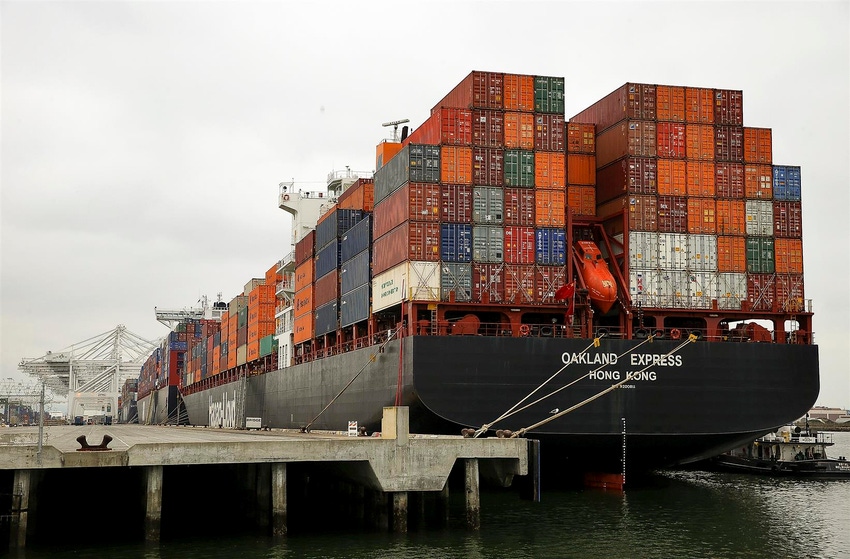September 11, 2018

Ongoing trade wars between the United States and other countries continue to threaten American agricultural exports, according to a Rabobank study.
Implications of higher Chinese tariffs on U.S. fruits and nuts could limit U.S. exports at a time when the industry is looking forward to higher consumption based on indications of a growing Chinese middle class. It’s the projected growth in this arena that Rabobank Senior Analysist Roland Fumasi says had U.S. farmers optimistic prior to expanded tariffs by the large nation.
In 2009 about 28 percent of the world’s middle-class population came from the Asia Pacific region. That is expected to increase to 65 percent by 2030, which he says could bode well for U.S. agricultural exports as buying power increases and more consumers demand the kinds of high-quality commodities produced in California and elsewhere in the United States.
Current impacts to U.S. pistachio producers could be significant as the Rabobank report says 23 percent of all U.S. pistachio production is exported to China. U.S. cherries could also be hard-hit as 14 percent of domestic cherry production is shipped to China.
While U.S. exports to Hong Kong still outpace those to China by 3:1, Fumasi says the back-door channel Hong Kong has traditionally provided could be closed as China begins to enforce tariffs more closely on imports moved through Hong Kong. This practice of moving agricultural goods through Hong Kong and other countries ultimately destined for China could be halted, or at least severely hampered, he predicts.
Though China remains the largest producer of fruits in the world and is the main producer of apples, table grapes, peaches, pears, mandarins, and walnuts, those products tend to be consumed domestically. Additional consumption of these products must be met through imports, of which the U.S. has been a trading partner.
Rabobank believes as demand for U.S. agricultural goods continues to grow, the outlook remains positive for most of the commodities analyzed in the report. U.S. raisins, peaches and pears may see a slight decrease in demand by export partners due to foreign competition and American farmers removing those crops from their portfolios in favor of more profitable crops.
Should the United States emerge at least somewhat victorious in agricultural trade negotiations Fumasi believes U.S. fruit and nut exports could be positively affected. Even so, he suspects the increased buying power of Chinese consumers could temper any potential U.S. export losses.
“The saving grace in all of this could be the growing Chinese middle-class,” Fumasi says.
You May Also Like




